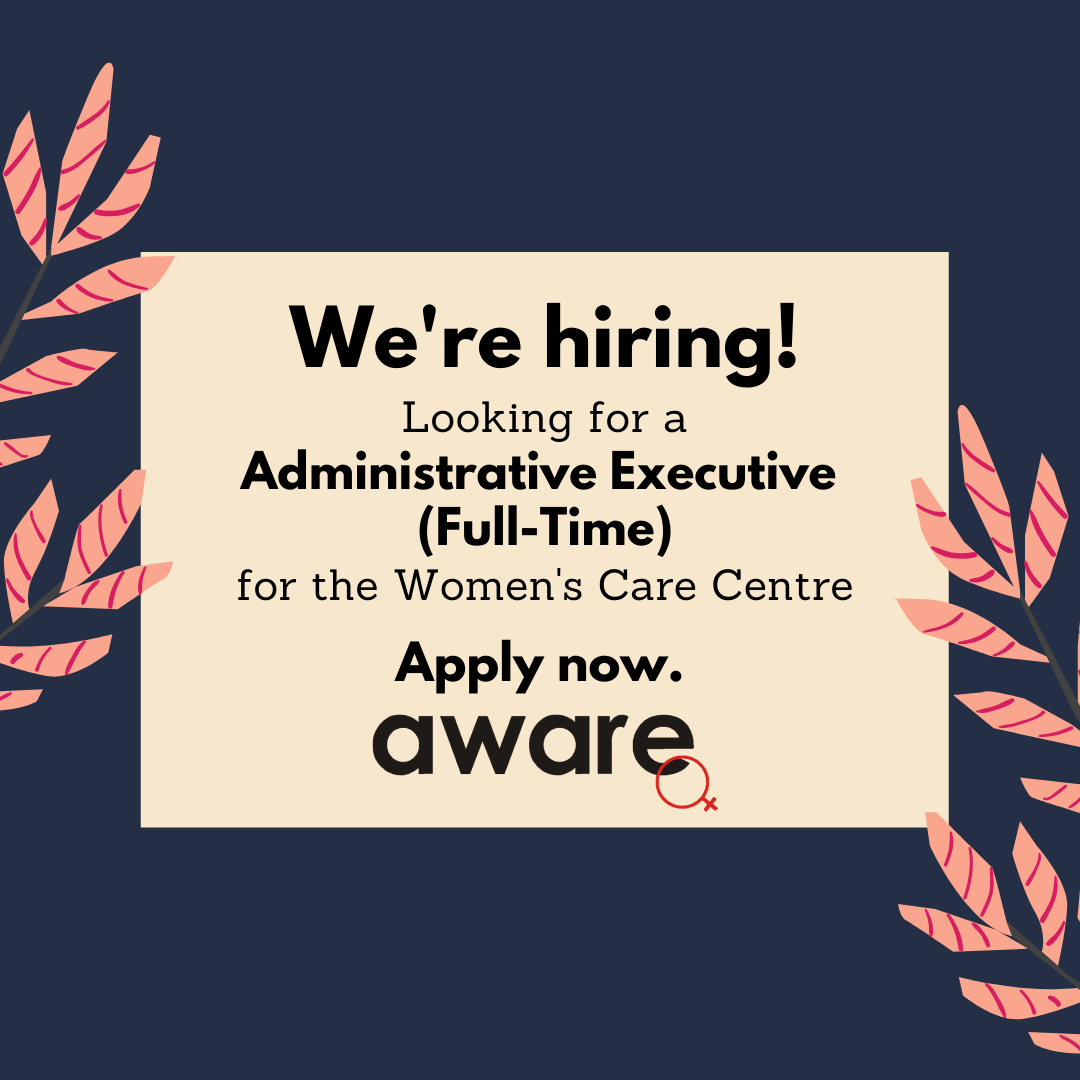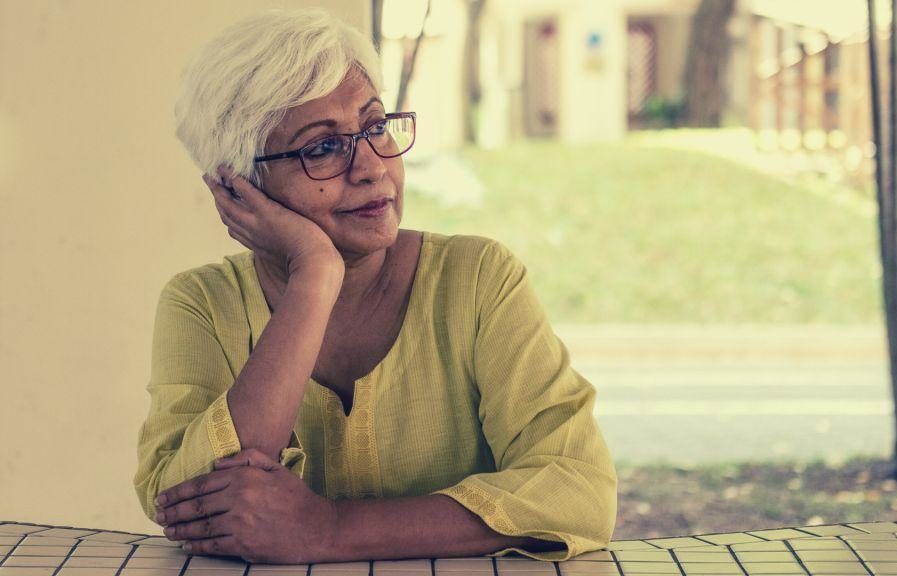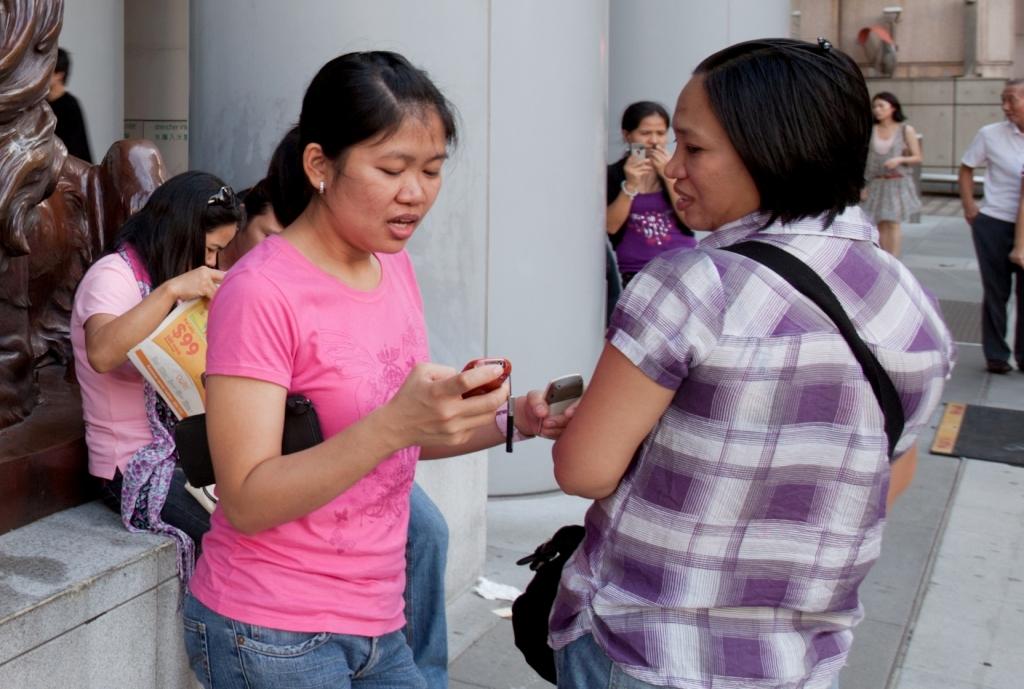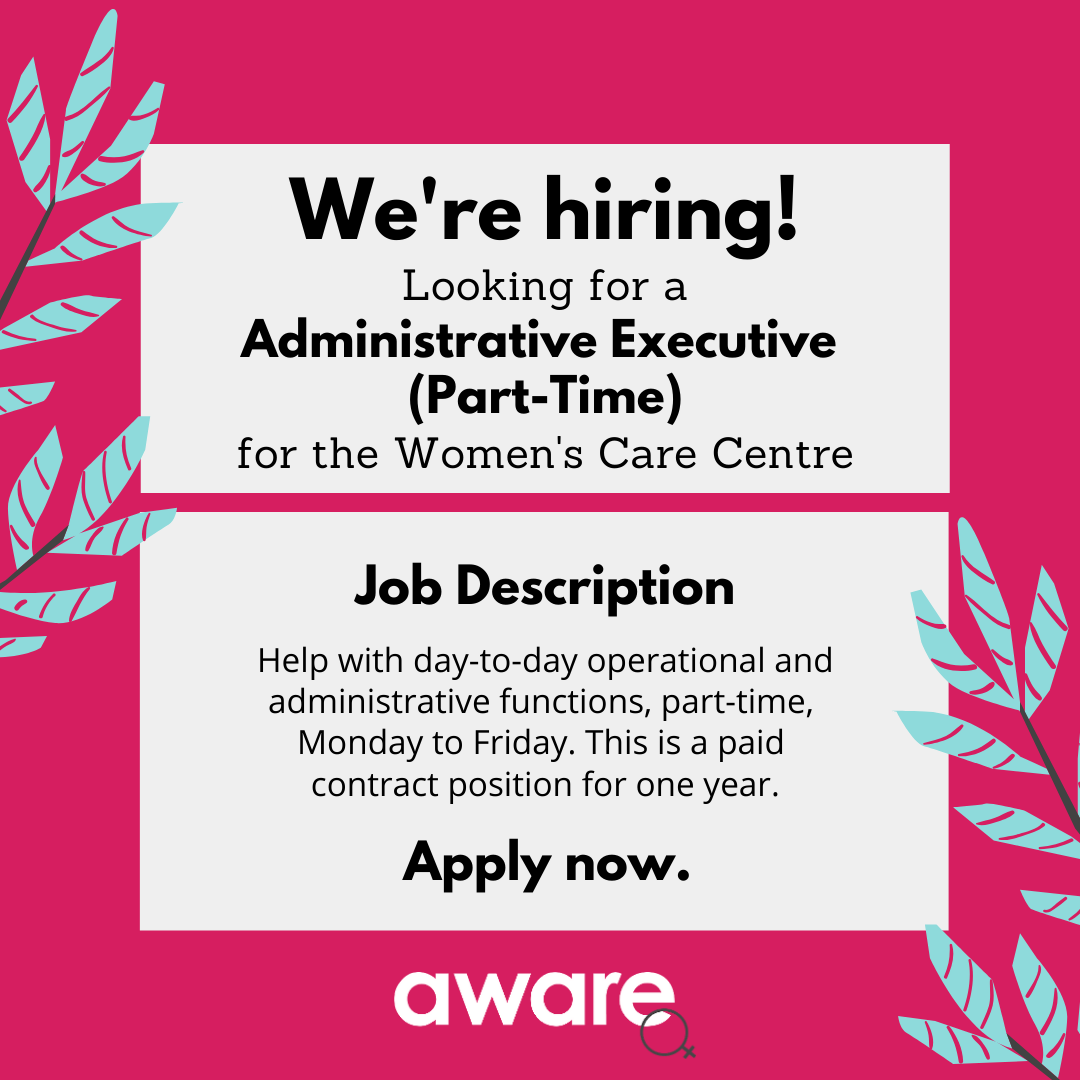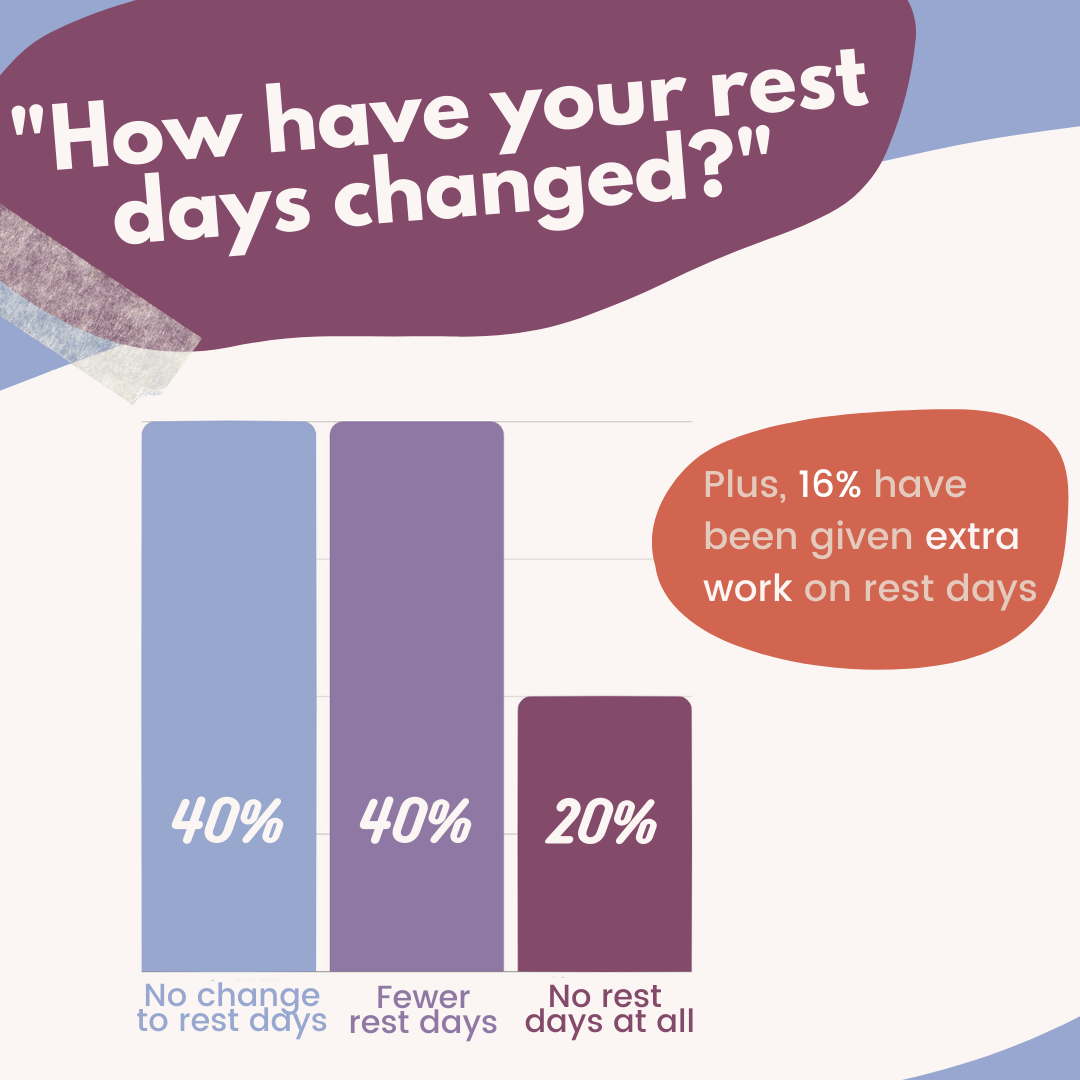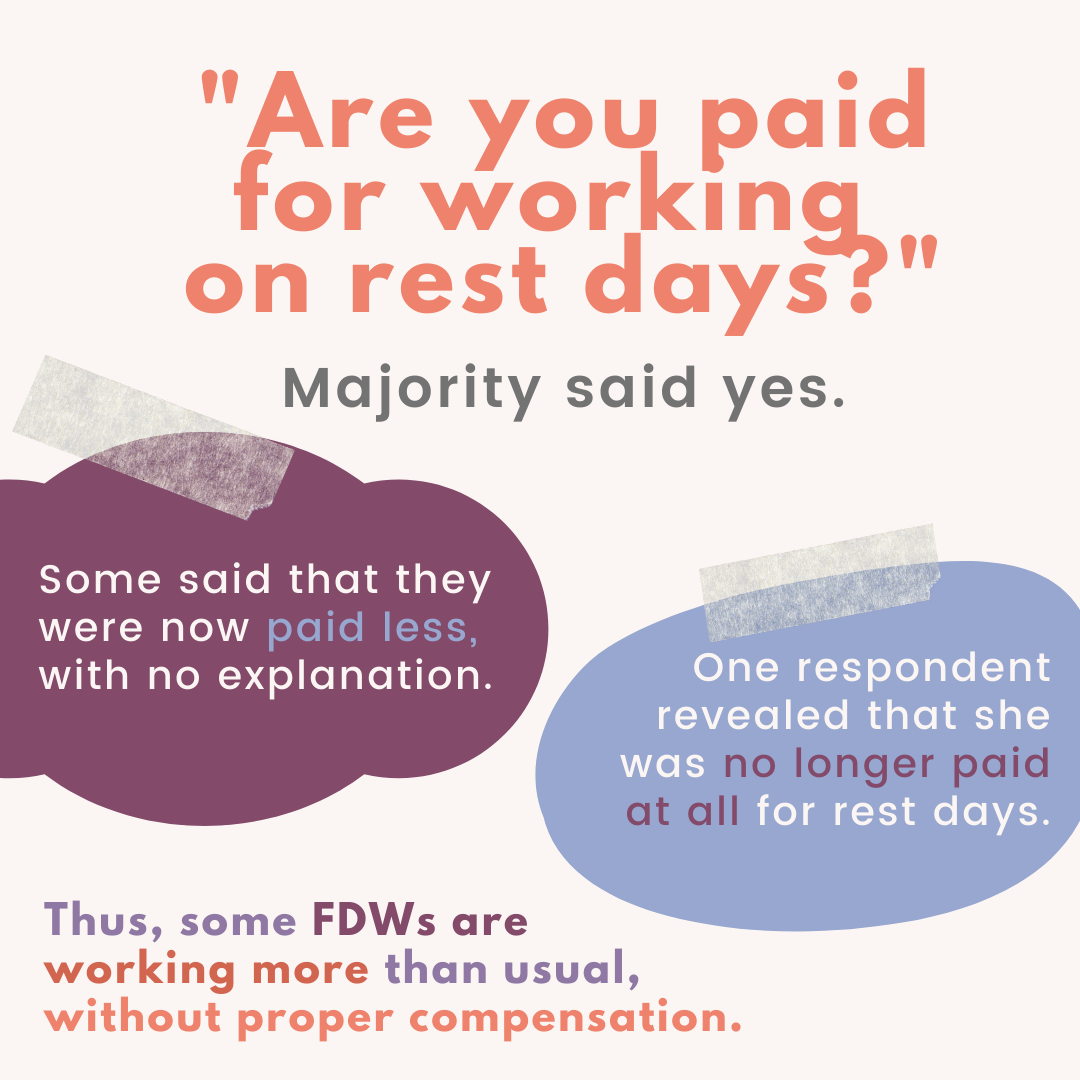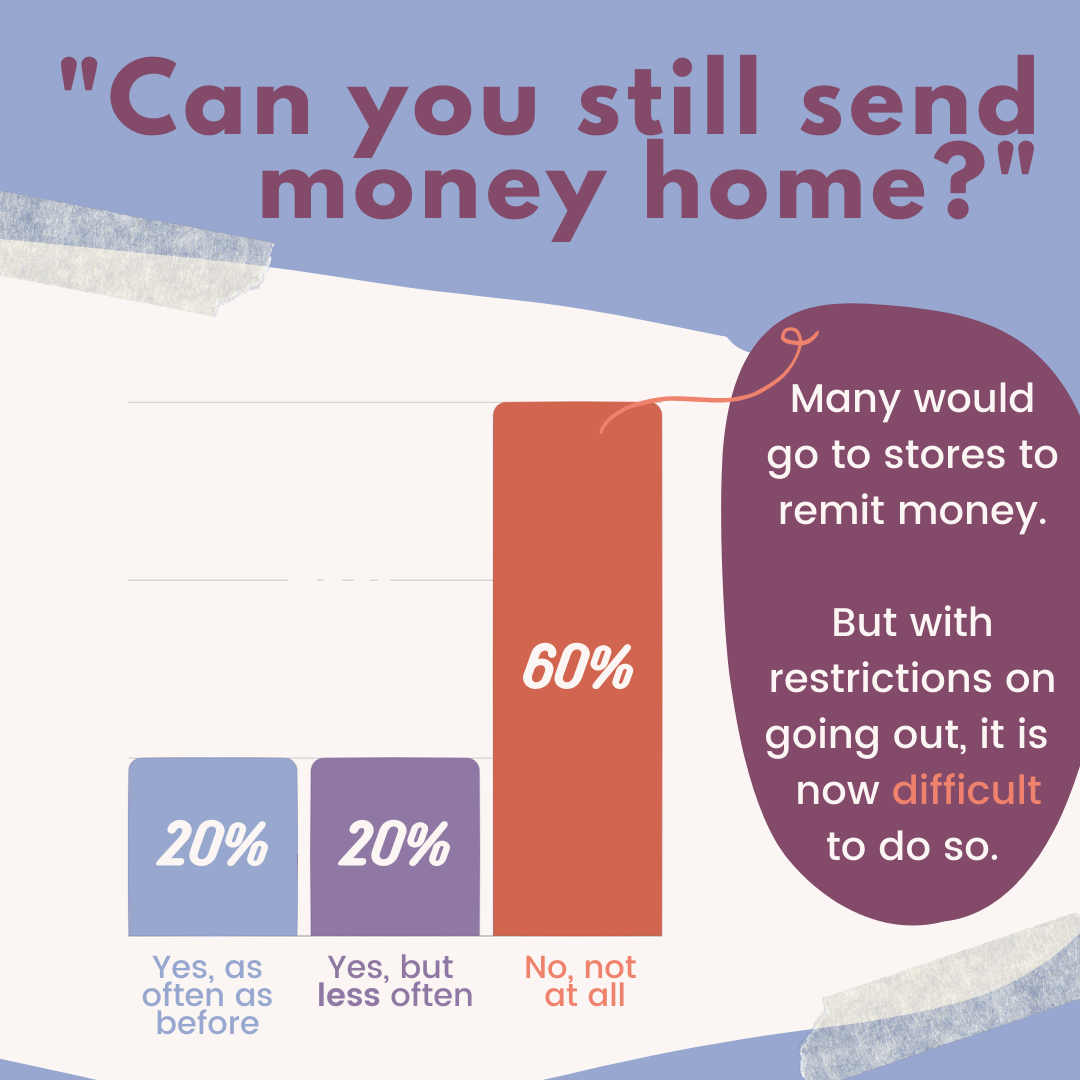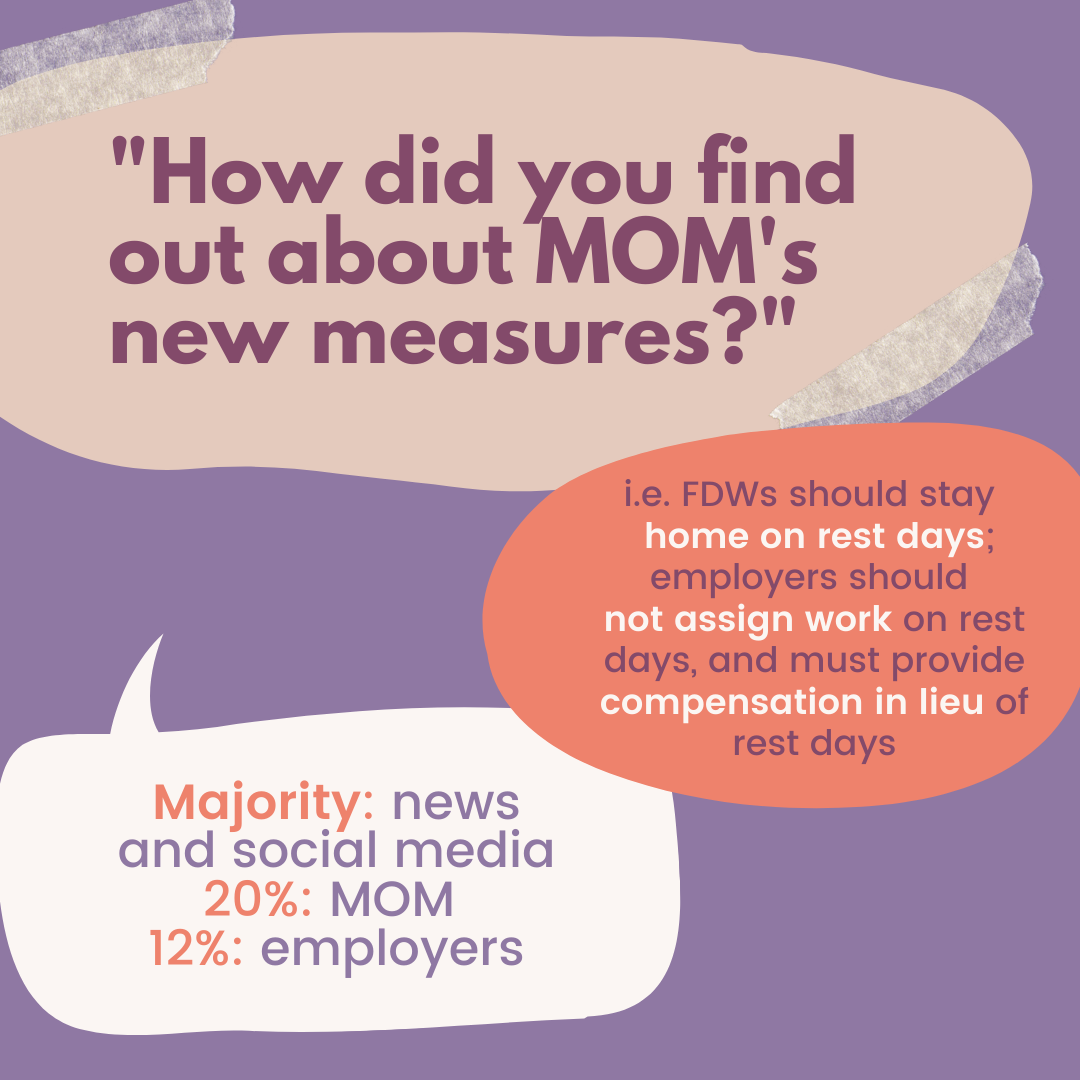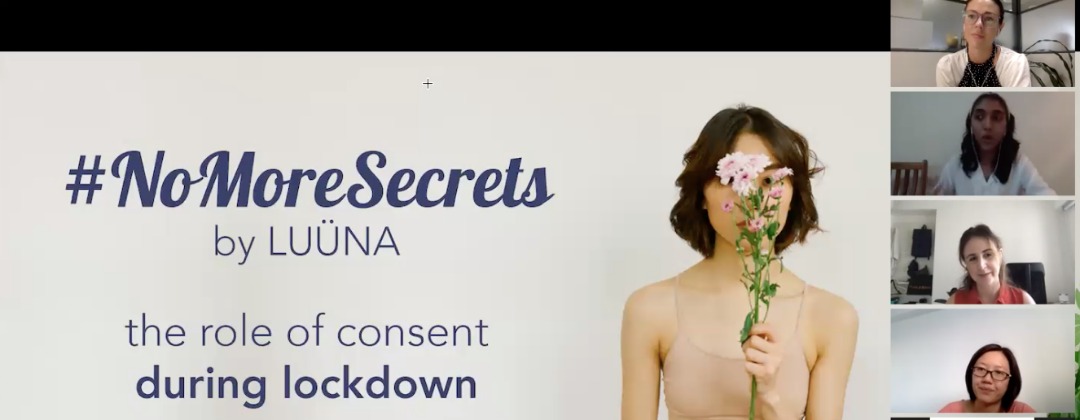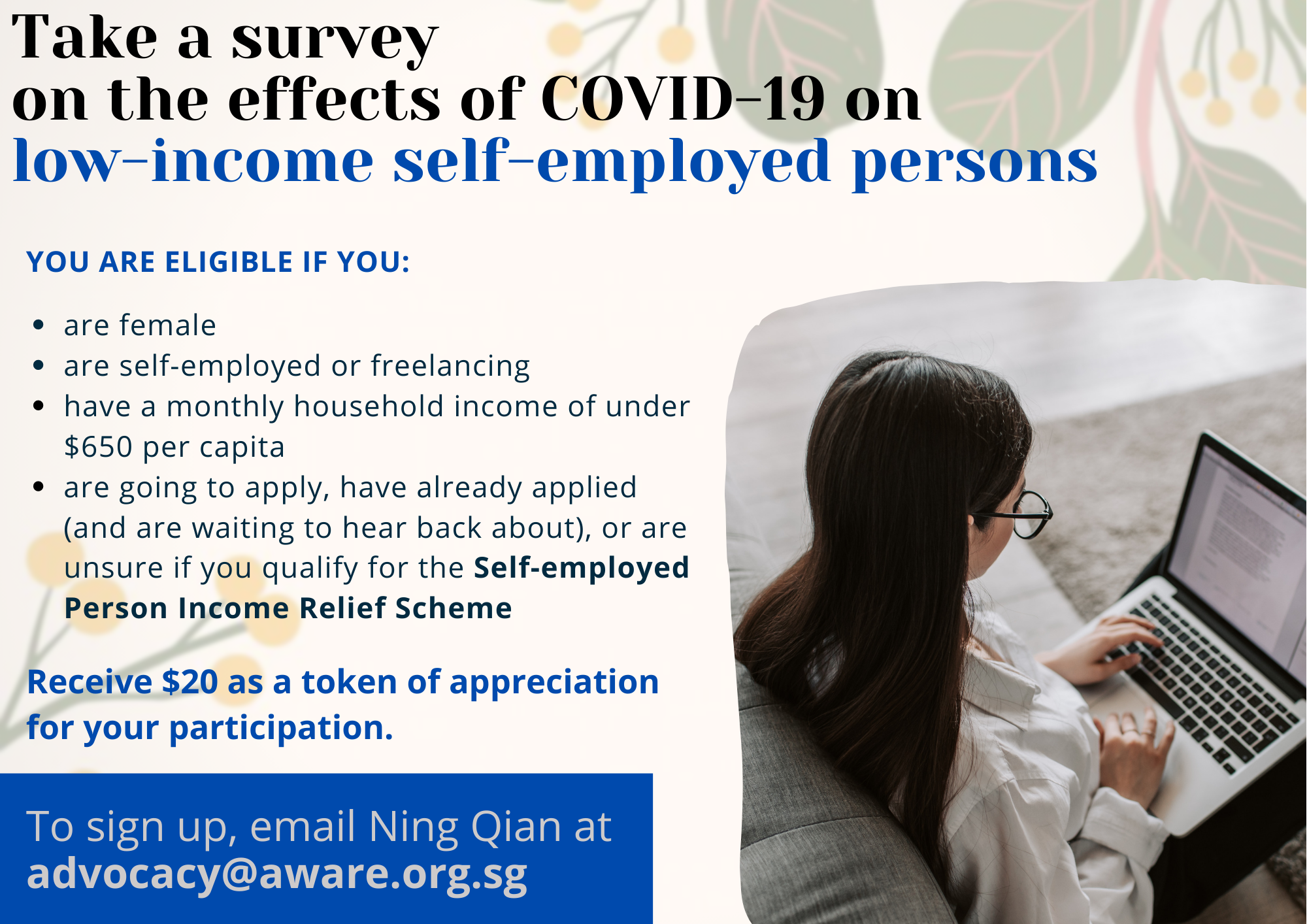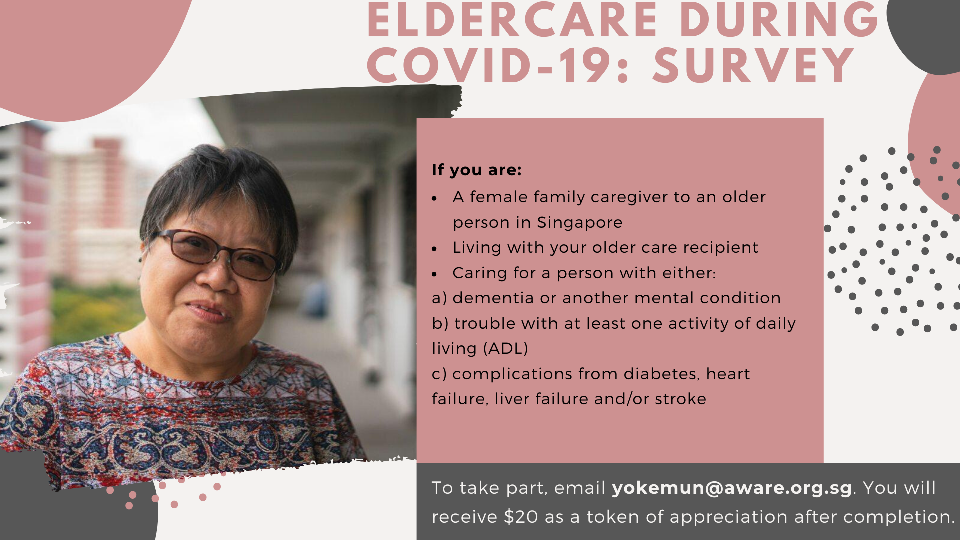We are no longer accepting applicants for this role.
AWARE’s CARE department is looking for a full-time executive who can help with day-to-day operational and administrative functions for the Women’s Care Centre. This will be a paid contract position until end of the year 2020.
Position: Admin Executive, CARE Department
Commitment: Full-time (10am – 7pm, five days weekly)
Salary Range: $2,410 – $3,710
Application deadline: 30 June 2020
Job Description
- Providing administrative and operational support to the CARE department, including Women’s Care Centre and Sexual Assault Care Centre
- Liaising between people in need and CARE staff and volunteers, to ensure smooth operations of various services offered under the department. This includes organising intake process, on-site operational support and scheduling support; gathering and analysing feedback, attending to general enquiries from people in need and referring them to various internal and external resources, etc.
- Overseeing data management through regular documentation and filing of confidential notes, intake forms, tidying up of referrals, transcription of handwritten notes, etc. in line with standards set for different services.
- Maintaining payment records and being responsible for prompt processing of invoices for the department
- Managing external vendors by liaising with vendors that support various systems within CARE, like IP phones, data management software, scheduling software, etc.
- Innovating and working with CARE staff to make administrative processes more efficient
- Assisting in supporting staff and volunteers on various projects and ad-hoc programmes as required by the line manager
- Meeting deadlines in a high demand environment while balancing workloads and competing priorities
Requirements
- Minimum 1 year’s experience as an office administrator, office assistant or in a relevant role
- Experience in client administration in social service industry is advantageous
- Strong knowledge of Microsoft Office and G-Suite
- Able to use initiative and judgment to solve problems independently
- Strong belief in gender equality and the values of AWARE
- Able to meet deadlines in a high-paced environment while balancing workload and competing priorities
- Able to main strict confidentiality of sensitive information
- Excellent interpersonal, empathy and communication skills in English (verbal and written)
- Strong organisational skills
Read our privacy policy here. Email care-coordinator@aware.org.sg with any questions.




